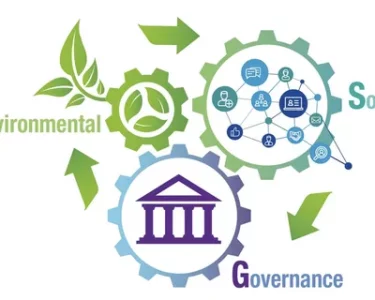In recent years, the global push for sustainability has gained significant momentum, with governments, businesses, and individuals seeking ways to reduce carbon emissions and combat climate change. One area that holds immense potential for sustainable growth is the adoption of electric vehicles (EVs). These vehicles, powered by electricity rather than fossil fuels, offer a multitude of benefits that extend beyond environmental considerations.
First and foremost, EVs contribute to a significant reduction in greenhouse gas emissions. According to a study by the Union of Concerned Scientists, electric cars produce less than half the emissions of comparable gasoline-powered vehicles over their lifetime, even when accounting for the emissions generated during the production of electricity. This reduction in emissions is crucial in combating air pollution and mitigating the effects of climate change.
Moreover, the widespread adoption of EVs presents an opportunity for economic growth and job creation. As the demand for electric vehicles increases, so does the need for manufacturing, infrastructure development, and research and development. This surge in demand has the potential to create millions of new jobs globally, stimulating economic growth and fostering innovation in the clean energy sector.
Additionally, EVs offer significant cost savings for consumers. While the upfront cost of an electric vehicle may be higher than that of a traditional gasoline-powered car, the long-term savings in fuel and maintenance costs can be substantial. Electric vehicles have lower operating costs due to the lower cost of electricity compared to gasoline, as well as fewer moving parts, resulting in reduced maintenance and repair expenses.
Furthermore, the transition to electric vehicles can enhance energy security by reducing dependence on imported oil. By shifting towards domestically produced electricity as the primary source of energy for transportation, countries can reduce their reliance on fossil fuel imports, thereby increasing energy independence and reducing geopolitical risks associated with oil dependence.
However, it is important to acknowledge that the widespread adoption of EVs is not without challenges. The development of robust charging infrastructure, the availability of affordable EV models, and the need for sustainable battery production are all areas that require attention and investment. Governments, businesses, and stakeholders must work together to address these challenges and create an enabling environment for the growth of electric vehicles.
In conclusion, electric vehicles represent a golden opportunity for sustainable growth. They offer a multitude of benefits, including reduced greenhouse gas emissions, economic growth, cost savings, and enhanced energy security. However, addressing the challenges associated with their adoption is crucial. By embracing this transformative technology, we can pave the way for a cleaner, greener, and more sustainable future.




